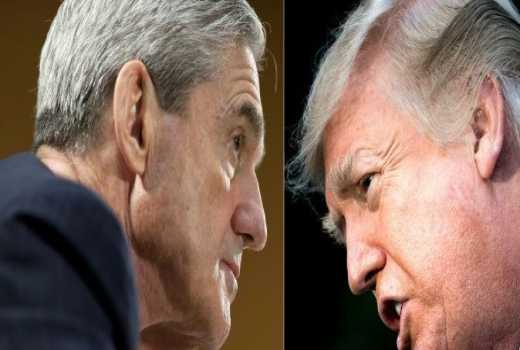×
The Standard e-Paper
Join Thousands Daily

The probe into Russia's election interference and alleged links to Donald Trump's campaign has taken a new turn after the publication of questions Special Counsel Robert Mueller seeks to ask the US president, which cover topics including potential obstruction of the investigation.
Donald Trump lashed out Tuesday at the "disgraceful" disclosure of the queries, originally reported by The New York Times, which lay out detailed lines of inquiry by Mueller into whether Trump may have tried to obstruct the Russia probe.